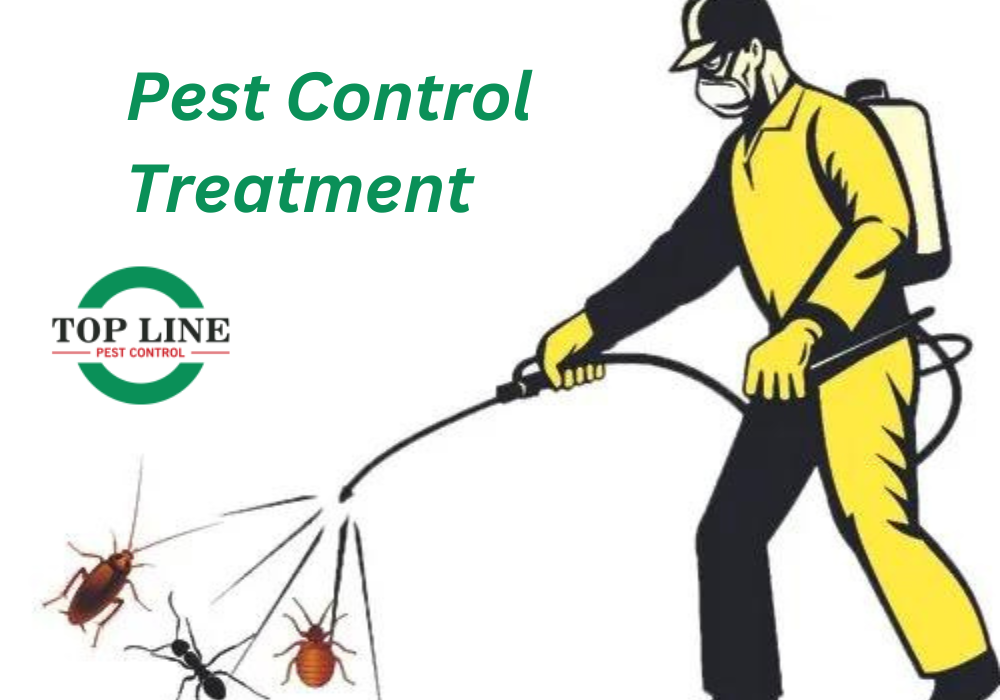The effectiveness of pest control treatments can vary based on several factors, including the type of pest, the method of treatment, and environmental conditions. Understanding how long pest control lasts can help you manage expectations and determine when follow-up treatments may be needed.
Below are the key factors that influence the duration of pest control effectiveness.
How Long is Pest Control Effective
1. Type of Pest
Different pests require different treatment approaches. For example, a pest control treatment for ants typically lasts a shorter period than one for termites or bedbugs, which can be more persistent. The lifespan of the treatment depends on the pest’s behavior and the treatment method used.
2. Pesticide Used
The type of pesticide applied plays a major role in how long the treatment remains effective. Some pesticides are designed to have a residual effect, meaning they continue to work over a longer period. Others may lose their effectiveness sooner, requiring reapplication. Ask your pest control provider about the specific pesticide used to understand its longevity.
3. Environmental Factors
Weather conditions, such as rain or humidity, can impact the effectiveness of pest control treatments. For example, heavy rainfall can wash away outdoor pesticides, reducing their effectiveness. Temperature extremes may also affect how long the pesticide remains active.
4. Severity of the Infestation
The level of pest infestation is another important factor. In cases of minor pest problems, a single treatment may be sufficient. However, severe infestations may require more frequent or stronger treatments, and follow-up visits might be necessary to ensure full eradication.
5. Pest Control Method
The method used for pest control also influences how long the treatment lasts. For instance, baits and traps may need to be replaced or refilled more often than liquid sprays. Some treatments, like barrier sprays, may provide long-lasting protection, while others may need reapplication sooner.
6. Follow-up Inspections
Many pest control companies recommend follow-up inspections after an initial treatment. These inspections help determine if additional treatments are needed or if pests have returned. Consistent monitoring is key to preventing reinfestation and maintaining long-term pest control.
7. Preventive Maintenance
Regular pest control maintenance and proactive measures, such as sealing entry points or eliminating food sources, can help reduce the risk of reinfestation. Your pest control provider may suggest preventive steps to keep your home or business pest-free over the long term.
Conclusion
The duration of pest control effectiveness depends on several factors, including the type of pest, the pesticide used, environmental conditions, and the severity of the infestation.
To ensure long-lasting results, it’s essential to follow the advice of your pest control professional, schedule regular inspections, and take preventive measures. By doing so, you can help maintain a pest-free environment for a longer period.
FAQs
1. How long does pest control treatment last?
The duration of pest control effectiveness varies based on the type of pest, the pesticide used, environmental conditions, and the severity of the infestation. On average, treatments may last anywhere from a few weeks to several months. Some treatments, like barrier sprays, can provide long-term protection, while others may require reapplication.
2. Do I need follow-up treatments after an initial pest control service?
Follow-up treatments may be necessary depending on the severity of the infestation and the type of pest. Pest control professionals often recommend periodic inspections to ensure the treatment has been effective and to prevent reinfestation. In some cases, additional treatments may be required.
3. Can pest control treatments be affected by weather conditions?
Yes, weather can impact the effectiveness of pest control treatments. For instance, heavy rain may wash away outdoor pesticides, reducing their effectiveness. Extreme temperatures and high humidity can also affect how long the treatment lasts.
4. How often should I have pest control treatments?
The frequency of pest control treatments depends on the type of pest, the level of infestation, and the specific products used. Some pest control services recommend quarterly or seasonal treatments for ongoing protection, while others may suggest treatments only when pests are detected.
5. Are the pesticides used in pest control safe?
Pest control professionals typically use pesticides that are approved by regulatory agencies such as the Environmental Protection Agency (EPA). However, the safety of a pesticide depends on its proper use and application. Always ask your pest control provider about the products they use and follow any safety guidelines provided.
6. How can I prevent pests from returning after treatment?
To prevent pests from returning, it’s important to address potential entry points around your home, such as cracks and gaps in windows, doors, or walls. Eliminating food and water sources, maintaining cleanliness, and keeping your home sealed can all help deter pests from returning.
